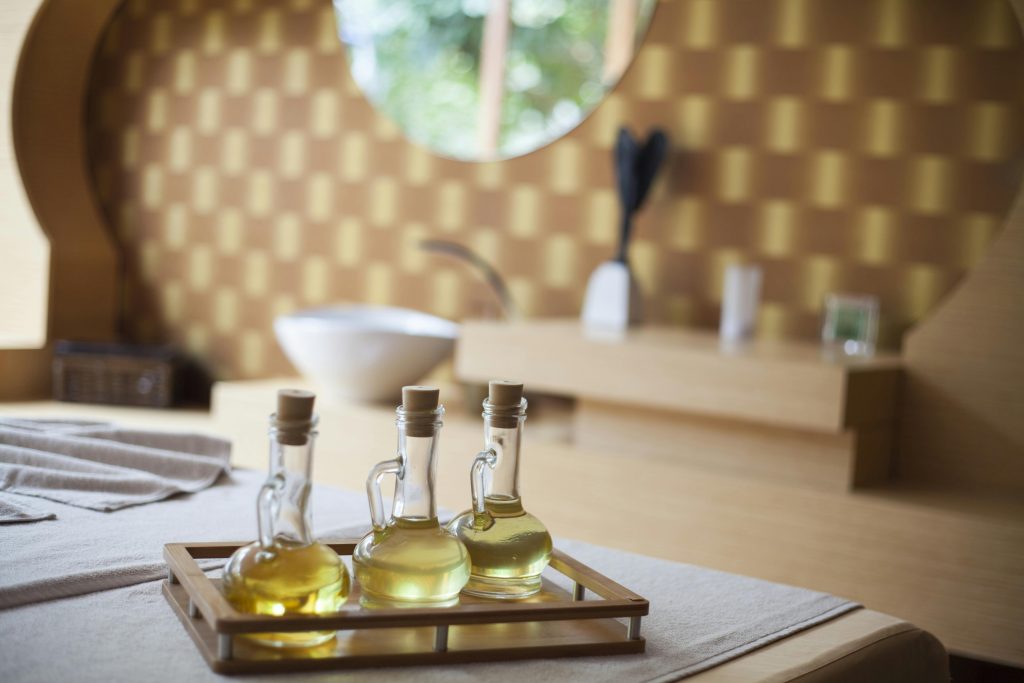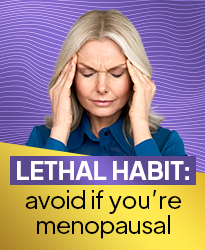In a world where stress levels rival the number of cat videos online, finding a way to unwind and sleep like a baby panda has become a top priority. Enter essential oils — those tiny bottles of aromatic magic that promise to make your life smell better while helping you chill out. If you’ve ever wondered how to use essential oils for stress relief and improved sleep, buckle up (or recline back) because this guide about how to use Essential Oils for Stress relief and improved sleep will leave you calm, sleepy, and maybe just a bit giggly.
The Aromatic Basics: What Are Essential Oils?
Before we dive into “how to use Essential Oils for stress relief and improved sleep” , let’s talk about the “what.” Essential oils are concentrated plant extracts that pack a fragrant punch. Think of them as the VIPs of the botanical world, each with their own superpower: lavender calms you down, eucalyptus clears your head, and peppermint wakes you up faster than a triple shot of espresso.
But for stress relief and sleep? Lavender, chamomile, and sandalwood are your dream team. These oils work like nature’s lullabies, helping you kick stress to the curb and slide into sleep mode.
Why Should You Use Essential Oils for Stress Relief and Improved Sleep?
Let’s face it: stress is the clingy ex of emotions. It shows up uninvited, overstays its welcome, and messes with your sleep. Essential oils, however, are like the trusty friend who rescues you from that awkward party. They help activate your parasympathetic nervous system — the part of your body responsible for the “rest and digest” mode.
Studies suggest that inhaling essential oils can lower cortisol levels (that pesky stress hormone) and improve sleep quality. And let’s not ignore the sheer joy of transforming your space into an olfactory paradise. Who wouldn’t want their bedroom to smell like a lavender field instead of last night’s takeout? That is why, now let’s investigate how to use Essential Oils for Stress relief and improved sleep.
Join Our Mailing List
Register now to get our hints and tips newsletter directly to your inbox
How to Use Essential Oils for Stress Relief and Improved Sleep
1. Diffuse and De-Stress
The easiest way to use essential oils for stress relief and improved sleep is to pop a few drops into a diffuser. This little gadget disperses the oils into the air, turning your room into a zen sanctuary. Pro tip: Set it up about 30 minutes before bedtime, so you’re greeted by a relaxing cloud of calm when you hit the pillow.
Best blends for stress relief and sleep:
- Lavender + Chamomile = Sweet dreams guaranteed.
- Sandalwood + Ylang-Ylang = A spa day for your senses.
- Bergamot + Cedarwood = Goodbye stress, hello snooze-ville.
2. Massage Your Way to Tranquility
Nothing says relaxation like a self-massage with essential oils. Mix a few drops with a carrier oil (like coconut or almond oil) and rub it onto your temples, wrists, or the soles of your feet. Yes, feet — they’re the unsung heroes of relaxation.
Need an extra laugh? Picture yourself as a human lavender cupcake while you massage the oil in. Stress doesn’t stand a chance.
3. Spritz Your Stress Away
DIY pillow sprays are the bedtime hack you didn’t know you needed. Fill a small spray bottle with water, add 5-10 drops of your favorite sleep-friendly essential oil, and give your pillow a spritz. It’s like sending your brain a scented RSVP to dreamland.
4. Bathe in Bliss
There’s nothing a warm bath can’t fix, especially when you add essential oils. Mix 5-10 drops of oil with a cup of Epsom salt (to prevent floating oil blobs) and pour it into your tub. Voilà — a mini spa experience that melts stress faster than ice cream on a summer day.
Safety First: Essential Oil Dos and Don’ts
While essential oils are amazing, they’re not without their quirks. Here’s what to keep in mind:
- Dilute, don’t douse. Essential oils are potent, so always mix them with a carrier oil before applying to your skin.
- Patch test like a pro. Nobody wants an essential oil-induced rash. Test on a small area first.
- Keep it out of reach. Essential oils might smell like candy, but they’re not for snacking. Store them safely away from kids and pets.
The Science Behind the Scents
If you’re wondering how to use Essential Oils for stress relief and improved sleep and why essential oils work so well, it’s all about the brain. When you inhale these scents, they interact with the limbic system — the part of your brain that handles emotions, memory, and even survival instincts. This is why certain smells can trigger a wave of nostalgia or make you feel instantly calm.
Here’s the fascinating part: Essential oils contain active compounds like linalool, found in lavender, and terpinen-4-ol, found in tea tree oil, which have been shown to reduce anxiety and promote relaxation. Linalool, in particular, has a mild sedative effect, making it a go-to for better sleep. These compounds work by influencing neurotransmitters like serotonin and GABA, the brain’s natural chill pills.
When you breathe in essential oils, the aromatic molecules travel through your nasal cavity and stimulate the olfactory nerves. These nerves are directly connected to the brain’s limbic system, which is why the impact is so immediate. Inhaling lavender, for instance, can lower your heart rate and blood pressure within minutes — perfect for transitioning from frazzled to zen.
Additionally, studies have shown that essential oils can modulate the hypothalamic-pituitary-adrenal (HPA) axis, which is your body’s stress response system. By calming the HPA axis, essential oils help regulate cortisol levels, preventing the “wired but tired” feeling that keeps you tossing and turning at night.
It’s not just about sleep, though. The interaction between scent and the limbic system can enhance overall emotional well-being. Imagine turning a stressful commute into a calming escape just by dabbing some stress-relief oil on your wrist. Science meets magic, and your nose gets to be the hero of the story.
So, the next time you take a deep whiff of lavender, sandalwood, or chamomile, know that you’re not just enjoying a pleasant aroma — you’re giving your brain a therapeutic hug.
Troubleshooting Your Essential Oil Journey
Not feeling the zen yet? Here are some quick fixes:
- Too strong? Use fewer drops. Overdoing it can be overwhelming.
- No diffuser? A bowl of hot water works in a pinch. Add a few drops of oil, lean in (not too close!), and breathe.
- Still stressed? Pair your oils with other relaxation techniques, like meditation or gentle yoga. Double the chill, double the fun.
Final Thoughts on How to Use Essential Oils for Stress Relief and Improved Sleep
Using essential oils for stress relief and improved sleep is like having a personal relaxation assistant in a bottle. Whether you’re diffusing, massaging, or bathing, these fragrant wonders can transform your stress-filled evenings into dreamy nights. So grab your favourite oil, take a deep breath, and prepare to snooze like a pro. Sweet dreams!




